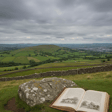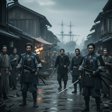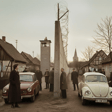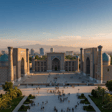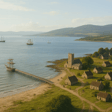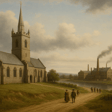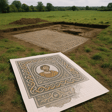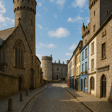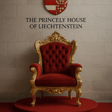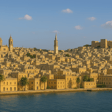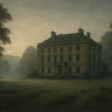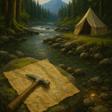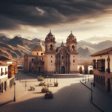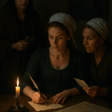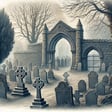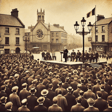
Ghosts of Spain: Landscapes, Memory & the Spanish Civil War
Episode twenty-five of the new series of Pieces of History turns its gaze to Spain - a country where landscapes, ruins, and silences still carry the weight of a conflict that ended nearly a century ago. The Spanish Civil War continues to shape identity, politics, and memory, yet much of its legacy remains contested, hidden, or unspoken.
Joining me is writer and historian Nick Lloyd, whose long connection with Spain and deep engagement with the war’s legacy come together in his powerful book Travels Through the Spanish Civil War. Rather than offering a traditional historical account, Nick travels through the places where the war was fought and remembered - from the shattered streets of Belchite to the refugee trails across the Pyrenees - uncovering the stories embedded in Spain’s terrain.
Together, we explore the origins of the Civil War, the forces that shaped each side, and the human experiences that still echo in towns, archives, and family histories. Nick shares encounters with historians, journalists, and descendants of survivors; reflects on the emotional impact of tracing escape routes into France; and shines a light on figures like Francesc Boix, whose photographs became vital testimony at Nuremberg.
In this episode, we delve into how Spain remembers - and forgets - its civil war, examining the landscapes, memories, and moral questions that continue to define its modern identity.
Email: piecesofhistorypod@outlook.com
Facebook: Pieces of History podcast
Instagram: @pieceofhistorypod
Travels Through the Spanish Civil War - https://www.amazon.co.uk/Travels-Through-Spanish-Civil-War-ebook/dp/B0DZQ7DSS3
